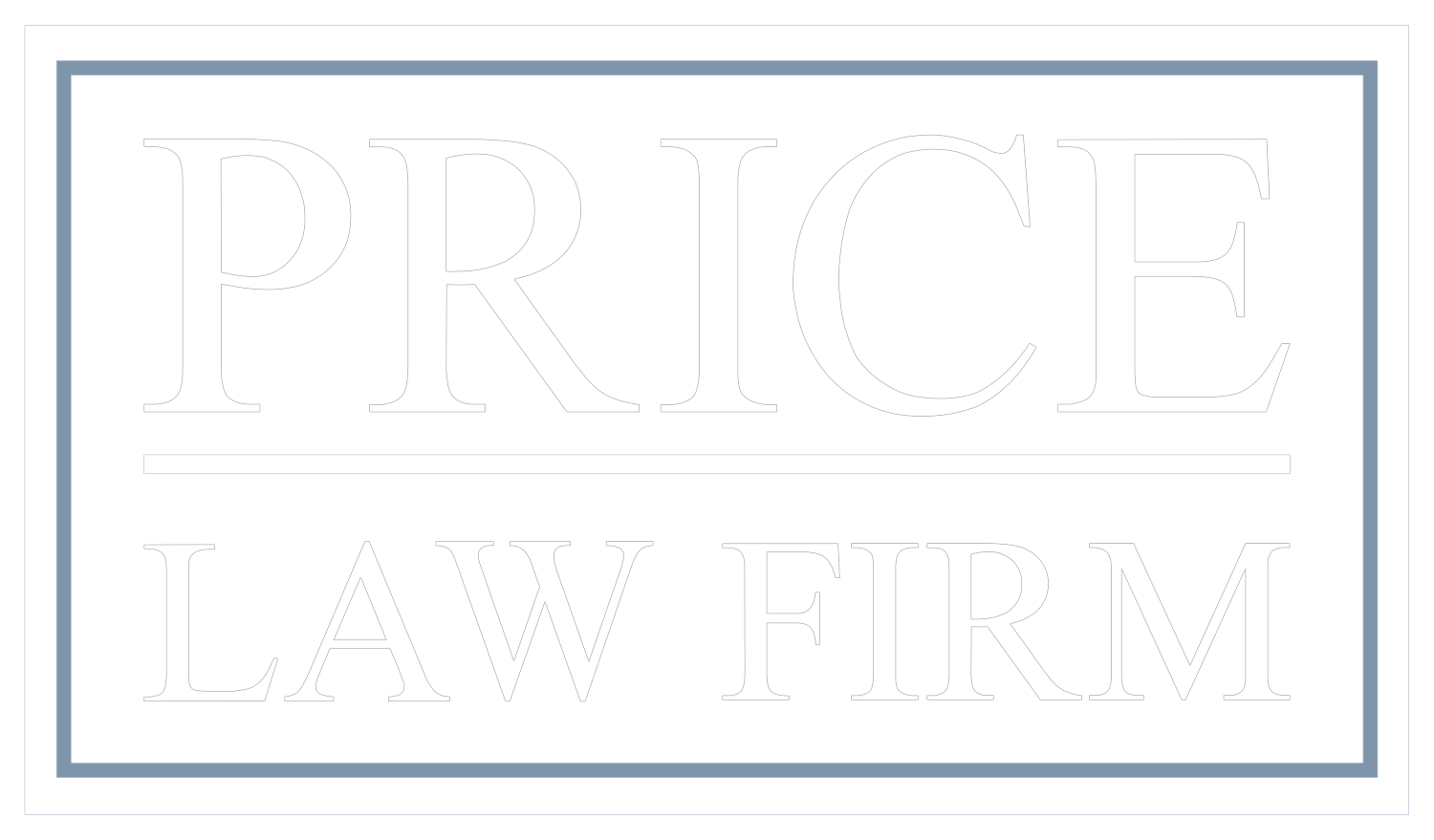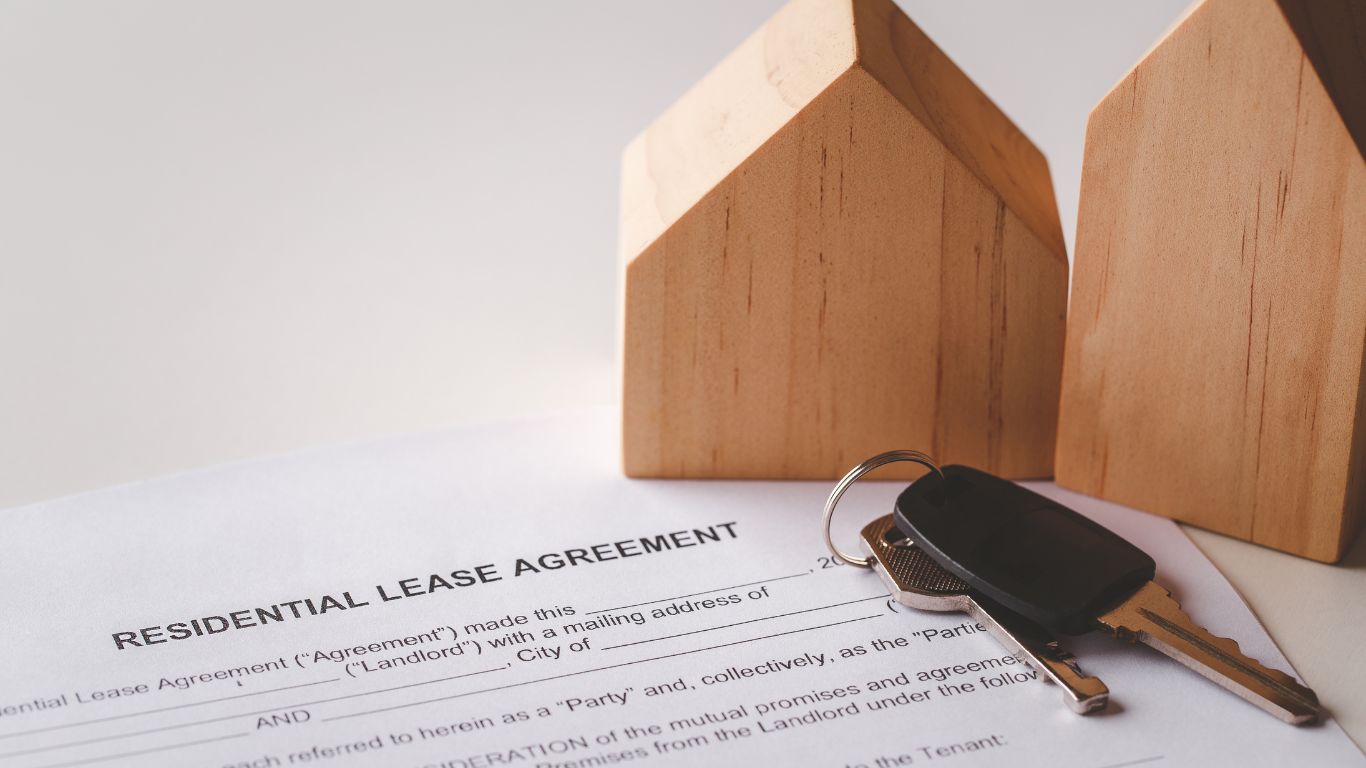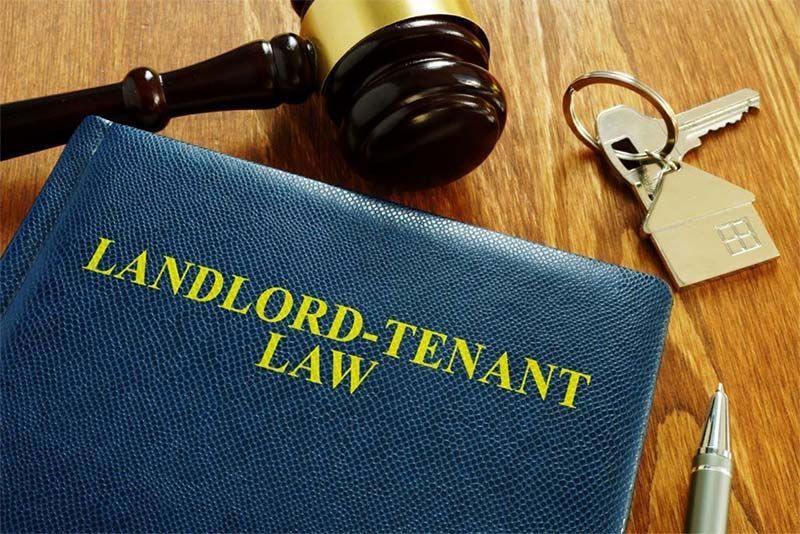
Must All Rent Control Succession Cases be Heard at DHCR?
A recent decision by Housing Court Judge Sabrina Kraus will likely inspire attorneys representing tenants to make some mischief when representing persons seeking to succeed to rent control apartments. Her decision, Golden Mountain Realty v. Severino, 2012 N.Y. Slip Op. 22048 (N.Y.Civ.Ct. February 29, 2012) stands for the following principle: when a landlord wishes to commence a licensee holdover proceeding against a person left in possession after the departure of a rent control tenant, the landlord must first obtain a certificate of eviction from DHCR and cannot commence such a case in Civil Court.Judge Kraus reaches her decision by reviewing the plain language of the statutory scheme, relying upon appellate cases that reference the issue in dicta, and then distinguishing those appellate cases that have taken the opposition position on precisely the issue presented. Judge Kraus's decision would have a chilling impact on landlords seeking to remove from possession of valuable rent control apartments those who do not have succession rights.Let me try to explain the situation in plain English. Battles over rent control apartments go something like this: A rent control tenant is in possession for many years. The tenant passes away. A family member then makes a claim to the rent control apartment. In order for the family member to become the tenant the family member must prove that he/she resided in the subject apartment with the tenant of record with each maintaining the apartment as a primary residence for the 2 years immediately prior to the departure of the rent control tenant. If the landlord does not believe that the tenant has succession rights the landlord will serve a notice to quit on the family member informing the family member that he/she must vacate within 10 days or be subject to an eviction proceeding. If the family does not leave then the landlord commences a summary holdover proceeding in the Civil Court. The family member defends the eviction proceeding by claiming succession rights. Disclosure will take place, a trial will then take place and then a Housing Court judge would decide whether succession rights are presented. If the landlord wins then the family member gets evicted. If the family member wins then he/she is the rent control tenant.Judge Kraus has held that this process can no longer take place. Instead she would have the landlord file an application with DHCR (the state agency charged with enforcing the rent laws). The application would eventually be determined by DHCR. If the application is granted by DHCR then the landlord could commence a proceeding in the Housing Court to enforce the certificate of eviction if the tenant did not first vacate.For decades landlords have commenced countless licensee holdover proceedings in Civil Court to evict a family member who once in Housing Court has claimed succession rights. Under Judge Kraus's ruling that would no longer be possible (unless the landlord won at DHCR first).The Appellate Term has reviewed precisely the issue presented in at least one prior case, Bromer v. Rosensweig, 166 Misc.2d 201, 634 N.Y.S.2d 43 (2nd Dept. App.Term 1995). In that case a landlord commenced a licensee holdover proceeding against a family member of a rent control tenant who had remained in possession after the departure of the tenant of record. After the proceeding was commenced in Housing Court the presiding judge dismissed the lawsuit on her own motion finding that a certificate of eviction had to first be obtained from DHCR by the landlord before the landlord could resort to Housing Court. The landlord appealed this surprising ruling and the Appellate Term reversed and reinstated the petition. In reversing the decision the Appellate Term specifically rejected the reasoning of the presiding judge (which is precisely the same reasoning employed here by Judge Kraus).The Appellate Term explained that the person being sued in Housing Court was a remaining family member who had not yet established a right to the tenancy. The Appellate Term further explained that the rent control regulations list instances when a landlord must obtain a certificate of eviction prior to commencing a summary proceeding and that succession claims were not listed. Finally the Appellate Term explained that such a ruling would require all succession claims to first be heard at DHCR - a requirement not intended by the promulgators of the regulations. It should also be noted that the appellate courts have held time and again that the Hosing Court and the DHCR have concurrent jurisdiction over succession cases involving rent control apartments.Given that the Appellate Term has already definitively ruled on the issue presented by Judge Kraus's ruling, how did she distinguish her case from the appellate authoirty that would seem to preclude her ruling? Judge Kraus simply disagreed with it other than to refer to the fact that appellate courts have generally held that when the rent control regulations require a landlord to obtain a certificate of eviction then the landlord must actually obtain a certificate of eviction.What will be the impact of Judge Kraus's ruling? Expect attorneys representing tenants to begin moving to dismiss licensee holdover proceedings commenced against remaining occupants of rent control apartments. Judge Kraus's decision is not binding on any other judge in any other court. If her decision was appellate authority it would then be mandatory authority on Housing Court judges (unless that judge chose to ignore or distinguish the appellate authority like Judge Kraus did in respect of the Bromer case). Each judge will make up his/her own mind on the issue. However, when and if the issue reaches the Appellate Term (again) it would be very surprising if Judge Kraus's reasoning carries the day.
Don’t leave your legal matters to chance. SCHEDULE A CONSULTATION OR CALL US AT (212) 675-1125 for a personalized consultation and let our experts guide you through every step of the process.
Joshua Clinton Price
Founder of The Price Law Firm LLC
Josh Price is a lawyer who is sought by clients with complicated cases because of his extensive knowledge of the law and his ability to help the law evolve.
Search an article
Contact Us for a
FREE Consultation
Blog (Website Form)

Facing a real estate issue?
Contact us to schedule a consultation and get expert legal advice tailored to your specific needs and circumstances.
OR CALL US NOW AT:
SHARE THIS ARTICLE:
Recent Posts
Get Expert Legal Advice











